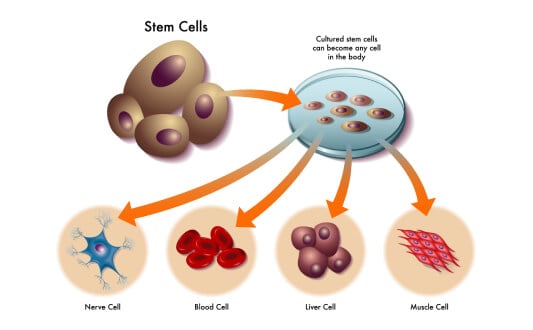Medical Blog About Treatment Abroad
Welcome to our medical blog – it is dedicated to empowering patients with knowledge about global healthcare! We created this platform with the intention to bridge the gap between patients and the medical innovations available globally.
What's Inside: Discover new and rare methods in oncology, immunology, heart surgery, neurosurgery, and other medical fields! Our health travel insights show how medical journeys open new possibilities with advanced treatments unavailable locally, including specialized cancer care abroad.
Who Benefits: This resource is for patients and their families who seek new treatment methods and explore options at leading international hospitals. Those who want to make informed healthcare decisions beyond borders.
Why Read: Booking Health experts provide verified information through patient-friendly articles – they translate complex medical advances into accessible info. Stay current with the latest developments in global healthcare and discover how international medicine can transform treatment outcomes!
Browse our latest articles and take the first step toward better health outcomes!
Treatment - page 6
 Dendritic Cell Therapy for Colon Cancer Treatment in Germany
Dendritic Cell Therapy for Colon Cancer Treatment in Germany
Dendritic cell therapy is a form of cancer immunotherapy that utilizes the body's own immune system to fight cancer cells. It is considered a promising approach for patients with various cancers, including colon cancer. Regarding the latter, it is unfortunate, but this disease is one of the most prevalent malignancies worldwide. According to the 2020...
 Cancer Treatment in Germany
Cancer Treatment in Germany
One or two decades ago, a cancer diagnosis was almost equated to death. Nowadays, due to the fast development of healthcare, numerous oncological diseases can be cured. Nevertheless, cancer burden is still high in Europe. The European Cancer Information System (ECIS) states that in 2022, around 4.1 million new cases of cancer...
 Innovative Treatment for Glioblastoma in Germany: Dendritic Cell Therapy for Cancer
Innovative Treatment for Glioblastoma in Germany: Dendritic Cell Therapy for Cancer
Standard therapy for glioblastoma is the combination of surgical removal of the tumor, chemotherapy / radiation therapy. Average life expectancy after diagnosis with standard treatment of glioblastoma is 15-17 months, and the 5-year survival rate does not exceed 5-10%. Supplementing the standard protocol with the dendritic...
 A Comprehensive Guide to Stem Cell Therapy
A Comprehensive Guide to Stem Cell Therapy
The fast-growing stem cell biology has turned modern medicine upside down, providing new ways of thinking about how to cure the previously considered incurable diseases. The special property of stem cells to promote tissue regeneration and convert to different types of tissues has provided the basis for new stem cell-based solutions...
 VTP TOOKAD®: focal therapy for prostate cancer treatment with a minimal risk of complications
VTP TOOKAD®: focal therapy for prostate cancer treatment with a minimal risk of complications
The second most common cancer diagnosis in men and the fifth cause of cancer deaths all over the world is prostate cancer. GLOBOCAN 2018 reports that the number of new cases was 1,276,106 cases worldwide, with the main increase in developed countries. The mortality and the incidence are closely associated with age, and the rates...
 Causes of Lung Cancer
Causes of Lung Cancer
Lung cancer is a fatal disease that remains extremely difficult to treat despite the current progress of modern medicine. It is one of the most prevalent types of cancer worldwide and accounts for a significant share of cancer mortality. While smoking is the primary cause, many other risk factors can increase the risk of developing lung cancer...
 Alternative treatments of oncological diseases in Germany
Alternative treatments of oncological diseases in Germany
Cancer remains far too common across Europe. In 2022 alone, there were approximately 4.47 million new cancer diagnoses - that's nearly one in four people up to age 75 developing cancer in their lifetime. This scale of disease highlights why blending integrative oncology with robust, conventional cancer care has become essential...
 PIPAC treatment for peritoneal cancer
PIPAC treatment for peritoneal cancer
Pressurized intraperitoneal aerosol chemotherapy (PIPAC) is a new treatment option for peritoneal carcinomatosis. The technique was developed in 2011 by scientists from the University Hospital of Louisiana, USA. The authors suggested PIPAC as an alternative to HIPEC (hyperthermic intraperitoneal chemotherapy) in patients with peritoneal...

